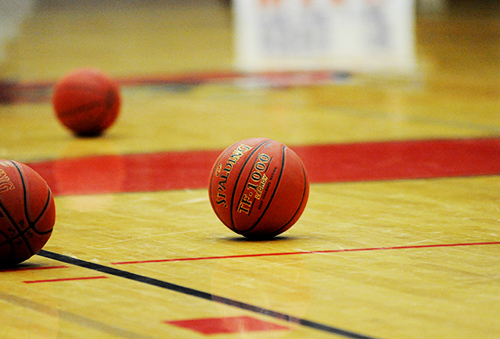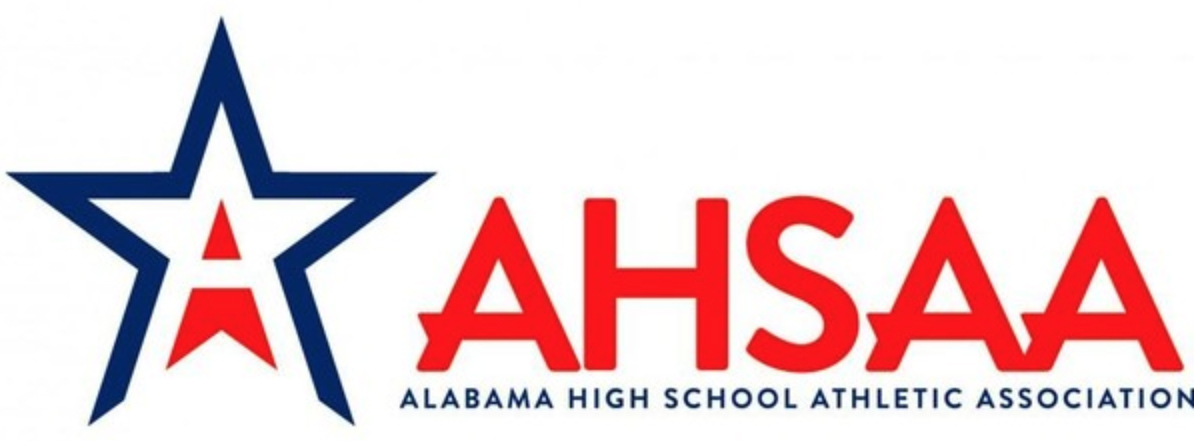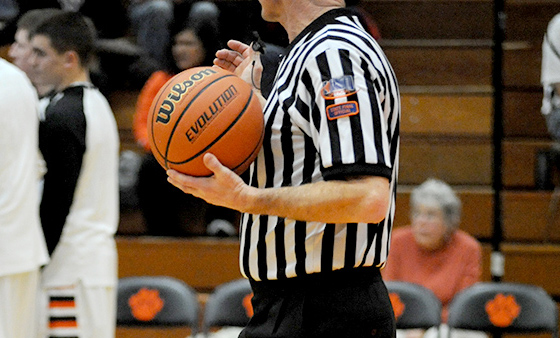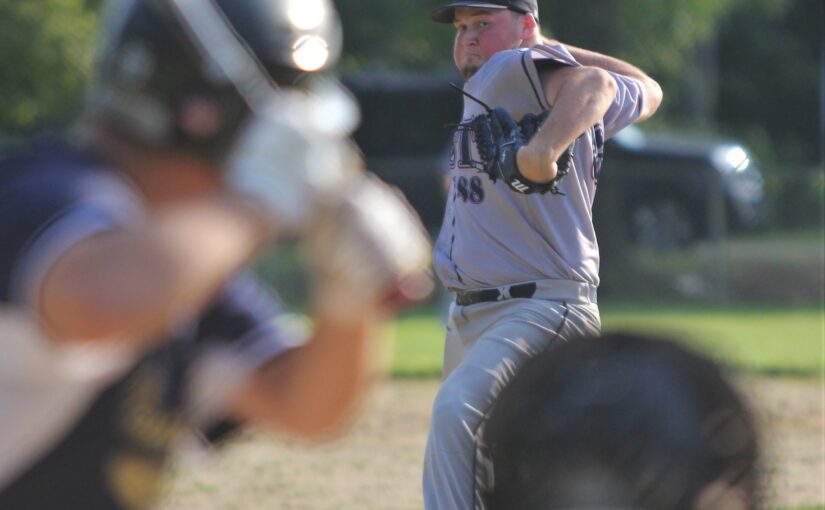AHSAA releases statement after ruling top girls basketball player ineligible
 The story of Maori Davenport has gained national attention in recent weeks, sparking mostly outrage over the state’s decision to remove her eligibility for her final season at Charles Henderson High School in Troy, Alabama. Last year, the 6-foot-4 Davenport, ranked by espnW as the 15th best high school girls basketball prospects in the nation, received and deposited an $857.20 check from USA Basketball for lost wages after she participated on Team USA at the FIBA Americas U18 Tournament earlier in the year.
The story of Maori Davenport has gained national attention in recent weeks, sparking mostly outrage over the state’s decision to remove her eligibility for her final season at Charles Henderson High School in Troy, Alabama. Last year, the 6-foot-4 Davenport, ranked by espnW as the 15th best high school girls basketball prospects in the nation, received and deposited an $857.20 check from USA Basketball for lost wages after she participated on Team USA at the FIBA Americas U18 Tournament earlier in the year.
The ineligibility ruling has since been upheld after two appeals, but the AHSAA continues to face backlash. The organization released a statement Monday, affirming its decision. Here is part of its statement:
“The stories and comments being circulated throughout the media and social networks are asking that an exception be made to the amateur rule because it was not the student’s fault; the fact the money was repaid, and that the student is an exceptional athlete and will miss her senior year. However, if exceptions are made, there would no longer be a need for an amateur rule. The rules are applied equally to ALL athletes. Furthermore, most eligibility violations are the result of adults failing to follow the rules. Here, the student’s mother as a certified AHSAA coach should know the rules; the school’s principal should know the rules, the head basketball coach, as not only a coach but also as a former Central Board member, should know the rules.
 Another point not mentioned in the public stories being circulated is that creating an exception to this rule would have provided an avenue to exploit student-athletes by providing an opportunity for students to receive money and prizes for athletic participation and if discovered, state they didn’t know the rule, thus allowing them to return the items and retain eligibility. This is why AHSAA stresses to the leadership of its member schools how important it is to know the rules and advise their students regarding all rules that affect eligibility. Informing student-athletes of the consequences for violating such rules is the responsibility of the adults supervising them.”
Another point not mentioned in the public stories being circulated is that creating an exception to this rule would have provided an avenue to exploit student-athletes by providing an opportunity for students to receive money and prizes for athletic participation and if discovered, state they didn’t know the rule, thus allowing them to return the items and retain eligibility. This is why AHSAA stresses to the leadership of its member schools how important it is to know the rules and advise their students regarding all rules that affect eligibility. Informing student-athletes of the consequences for violating such rules is the responsibility of the adults supervising them.”
…
“USA Basketball never called Charles Henderson High School or AHSAA to ask if payment for lost wages violated AHSAA rules until November which was three months after payment was made and accepted by the student. This was not a clerical error but a complete lack of administrative oversight on the part of USA Basketball, thus possibly rendering multiple student-athletes ineligible as most states have an amateur rule.
Lastly, misstated facts and placing Mr. Savarese’s email on social media has led to Mr. Savarese and the AHSAA staff receiving threatening, irresponsible, and vulgar communications.
We, as the Central Board of Control, stand by the staff of the AHSAA and thank them for their unwavering support of the AHSAA mission, educational athletics, as well as the AHSAA Constitution and Bylaws.”
Davenport has committed to Rutgers, and the AHSAA’s ruling has no bearing on her eligibility at the collegiate level.
Read Jay Bilas’ take at espnW, and read the AHSAA’s full statement on its website.












